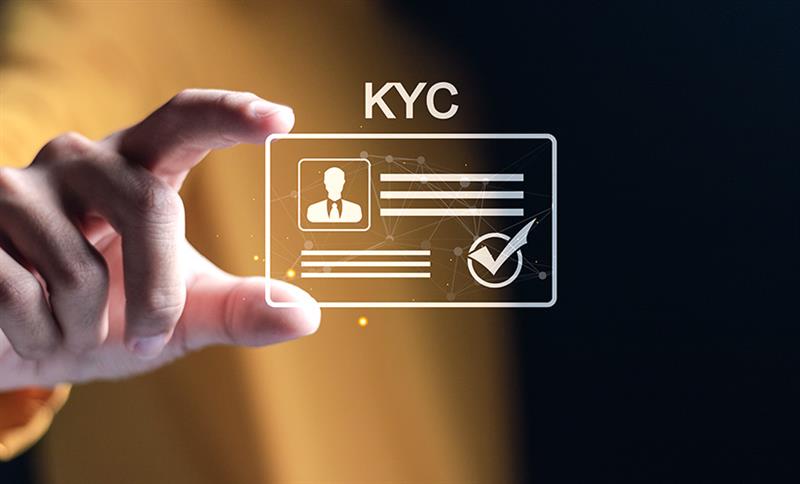
A bench comprising Justices J.B. Pardiwala and R. Mahadevan delivered the judgment, asserting that the right to digital access is intrinsic to the right to life and personal liberty under Article 21 of the Constitution. The court emphasized that the State must proactively design and implement an inclusive digital ecosystem that serves not only the privileged but also marginalized and historically excluded populations.
The ruling was prompted by two public interest litigations highlighting the challenges faced by individuals with disabilities in completing digital KYC processes. One petitioner, an acid attack survivor, was unable to open a bank account due to the requirement of capturing a live photograph involving eye movement—a task she could not perform due to her injuries. Another petitioner, who is blind, faced obstacles in completing KYC procedures that necessitated visual tasks.
The court noted that such rigid digital verification processes effectively deny access to essential services, including banking and government welfare schemes, for persons with disabilities. It held that the digital divide, characterized by unequal access to digital infrastructure and services, perpetuates systemic exclusion of vulnerable groups, including persons with disabilities, rural populations, senior citizens, economically weaker communities, and linguistic minorities.
In response, the Supreme Court issued twenty directions aimed at making digital KYC processes more inclusive. These directives mandate the revision of existing guidelines to accommodate the needs of individuals with disabilities, ensuring that digital platforms, including government portals and financial technology services, are universally accessible.
